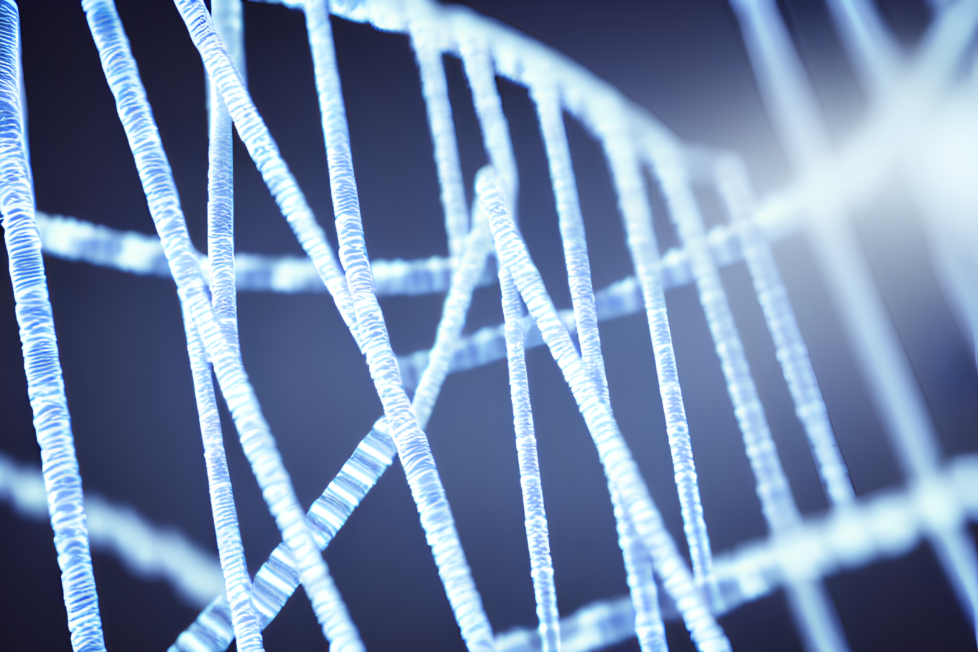Can the proposed forensic DNA bill unlock the justice system in Zimbabwe?

Zimbabwe is drafting a forensic DNA bill, joining nine other African countries that use DNA profiling in police investigations. DNA, or deoxyribonucleic acid, is the genetic material present in all living organisms. It contains the blueprint for an individual’s physical and biological characteristics and each person have unique DNA.
In criminal investigations, DNA profiling involves analyzing an individual’s DNA found at a crime scene and comparing it to a sample of DNA from a suspect to determine if there is a match. In this feature article, we will explore the potential benefits and limitations of using DNA profiling in police investigations in Zimbabwe, as well as ethical considerations surrounding the creation of a national DNA database and offer some recommendations for the forensic DNA bill.
One famous example of DNA profiling being used in a police investigation is the case of the “Yorkshire Ripper,” where DNA evidence helped to bring serial killer Peter Sutcliffe to justice. Traditional investigation procedures such as eyewitness testimony and fingerprint analysis had failed to identify the perpetrator. The use of DNA profiling allowed police to connect Sutcliffe to the murders and bring him to trial.
Using DNA profiling in police investigations can bring several benefits to the criminal justice system, including quick resolution of criminal investigations, prevention and reduction of crime by acting as a deterrent, and reduction of costs of criminal investigations. DNA evidence can also be used to clear suspects and exonerate individuals who have been wrongfully convicted. With the use of DNA profiling, criminal investigations can be more efficient, accurate and effective.
To fully reap the benefits of DNA profiling in criminal investigations, Zimbabwe needs to prioritize building a national DNA database. This might not be easy considering how personal DNA is. DNA is a part of you and possibly a framework of who you are, and you might not want to share that intimate essence of your being with the government.
Dr. Helen Wallace, the Director of GeneWatch UK, an organization that promotes ethical use of genetic science and technology, found that people often object to DNA profiling because it makes them feel like criminals. Some people worry that the government might misuse their DNA while others are afraid of being falsely accused.
These concerns, unfortunately, are not without merit. While DNA profiling can be a powerful tool in criminal investigations, it is important to understand its limitations. DNA samples can be mixed, and it can be difficult to determine how and when DNA was deposited at a crime scene.
Here is an example.
In 2007, Amanda Knox, was suspected of murdering her flat mate Meredith Kercher in Italy. DNA from Kercher was found on a knife from Knox’s boyfriend’s flat, with Knox’s DNA on the handle. Prosecutors argued it was transferred during the murder, but defense argued the knife was used for common household tasks and DNA could have been transferred through cross-contamination. The court ultimately acquitted Knox due to unreliable DNA evidence and flawed investigation methods.
According to Peter Gill, a professor of forensic genetics at the University of Oslo, Norway, the presence of DNA does not provide a time-stamp or information about the body tissue it came from. In some cases, such as contamination by an investigator, DNA evidence can lead to injustices. Therefore, additional context from other forms of evidence such as fingerprints, fibers, and footwear marks is often essential.
In order for Zimbabwe to fully reap the benefits of DNA profiling in criminal investigations, it is important for the country to prioritize building a national DNA database ethically. The public may have concerns about the use of DNA profiling, such as the intrusiveness of DNA testing, the potential for misuse of data by the government, and the possibility of being falsely accused of a crime. A good DNA database should address these concerns by ensuring proper consent is obtained, implementing strict data security measures, and ensuring that individuals are not unfairly penalized for their DNA profile.
Given the limitations of DNA profiling, it is crucial for Zimbabwe to ensure that labs handling DNA evidence are accredited and that methods are thoroughly tested for quality. This will help to ensure that DNA evidence is analyzed accurately and that there is minimal risk of contamination or other errors. Additionally, it will help to ensure that the results of DNA testing are reliable and can be used as evidence in court.
The use of DNA profiling in police investigations has the potential to bring significant benefits to the criminal justice system in Zimbabwe. It can be used to quickly resolve criminal investigations, act as a deterrent to crime, and reduce the costs of criminal investigations. However, it is important for Zimbabwe to prioritize building a national DNA database ethically and to understand the limitations of DNA profiling.
By ensuring that labs handling DNA evidence are accredited and that methods are thoroughly tested for quality, and by taking into consideration the ethical considerations surrounding the use of DNA profiling, Zimbabwe can reap the benefits of DNA profiling while minimizing the risks.
